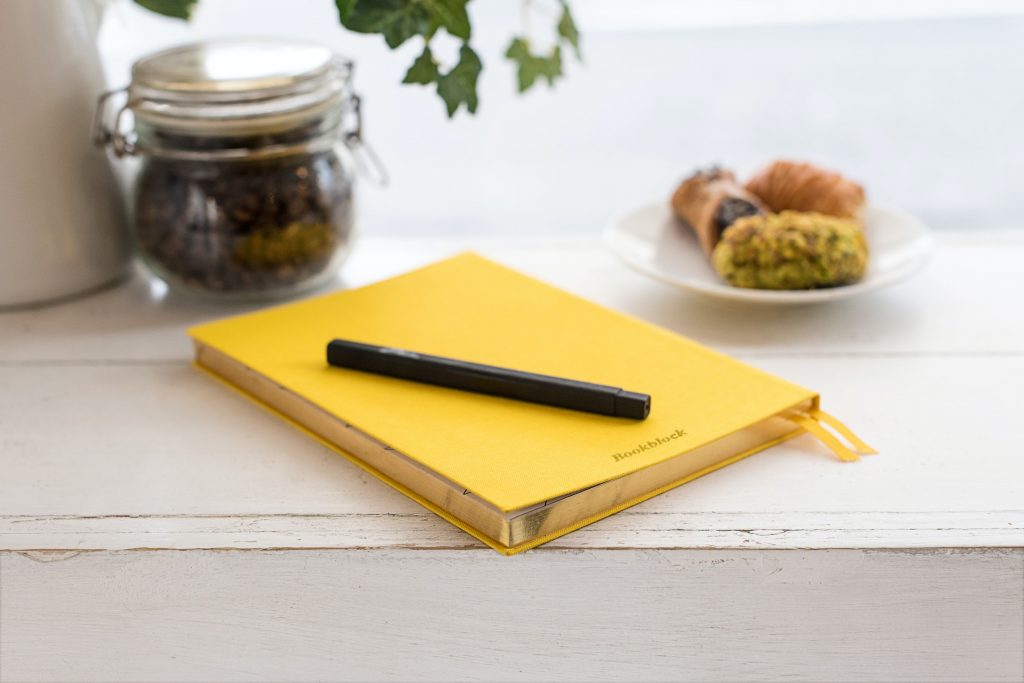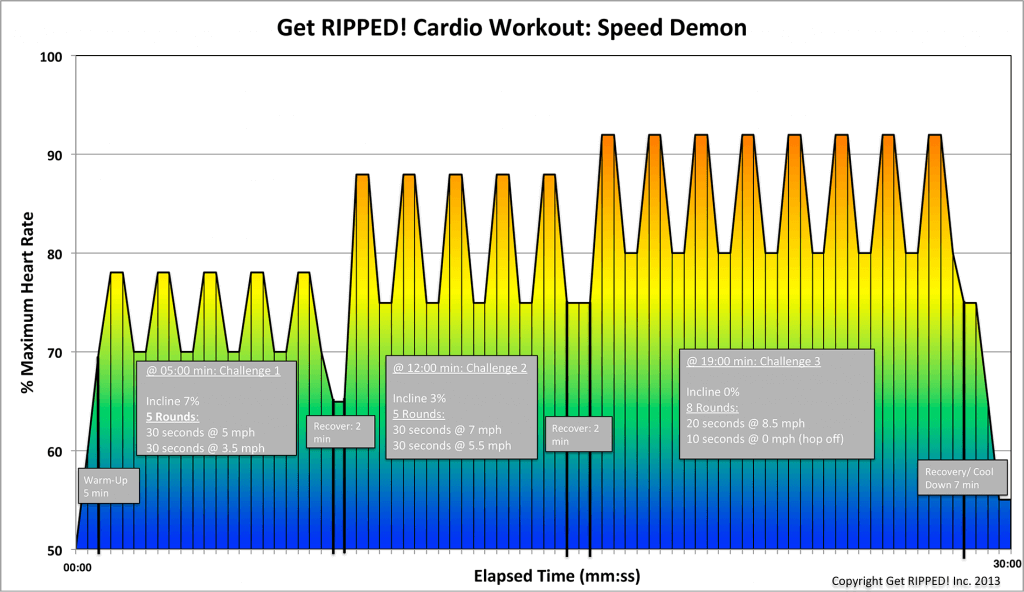Blog
Do Food Journals Actually Work?
 There are a number of reasons that food journals can help if you’re struggling to lose weight. One is that it helps you actually see just how much you eat. Sometimes, people snack without thinking, so they don’t include them when they’re considering how much they ate. They simply focus on what they ate at their meals. That handful of M&Ms, two or three handfuls of chips and the soft drinks are often forgotten when counting carbs and calories, but they add up and can prevent weight loss. Food journals force you to account for every morsel you eat.
There are a number of reasons that food journals can help if you’re struggling to lose weight. One is that it helps you actually see just how much you eat. Sometimes, people snack without thinking, so they don’t include them when they’re considering how much they ate. They simply focus on what they ate at their meals. That handful of M&Ms, two or three handfuls of chips and the soft drinks are often forgotten when counting carbs and calories, but they add up and can prevent weight loss. Food journals force you to account for every morsel you eat.
Food journaling can help you get a glimpse of why you may overeat.
Eating certain foods may have to do with emotions. We’ve all heard of comfort foods, but there are also angry foods, bored foods and celebration foods. Crunchy potato chips can be an angry food, just as other hard crunchy snack food can be. Comfort foods for those times you need a little nurturing can include everything from ice cream to mashed potatoes. Noting your emotions when you grabbed a snack or chose your meal can help you identify the emotional part of your eating.
Is your digestive system acting up or are you feeling bad in other ways?
Food journaling can help here, too. In the 50s and early 60s, many doctors didn’t realize that you could have gluten or lactose intolerance, or celiac disease and food with wheat or milk could cause a problem. It wasn’t until more recently that it’s become well-known that lactose intolerance can cause digestive issues and gluten intolerance can create a host of problems from severe skin issues, joint pain, digestive issues, auto-immune disorders and other problems. If you have mysterious symptoms, tracking what you eat and how you feel in a food journal can help identify the problem food.
Record everything you eat and drink.
Many people ignore the handfuls of food they pop in their mouth as they pass the candy bowl or the last bit of noodles in the family serving bowl that they finished, so they could wash the bowl. They also don’t count the juice they drink, soft drinks or the huge calorie packing specialty coffees, like a white chocolate mocha from Starbucks that has 580 calories for a 20-ounce size. All those things should be recorded to get a good idea of how many calories you actually eat.
- Just recording the food you eat can help you stop and think before you eat. That can lead to mindful eating, which is beneficial for weight loss. One study showed that people who didn’t diet, but kept a food journal, lost weight.
- Knowing portion size is important when you’re keeping a food journal. Learn how to judge portion size is easy to remember ways, like a fist size of pasta, palm size of meat or thumb tip of butter are single portions.
- If the food journaling identifies you as an emotional eater, find ways to substitute healthier foods. Instead of potato chips, a good crunchy food could be celery or carrot sticks.
- You need to track every bite, but it doesn’t have to be cumbersome. Use the notes section in your cell phone or take a picture of the food you’re about to eat. When you take a picture put your hand in the picture to judge size. The photo info will provide the time. Transfer the info later in your journal.
For more information, contact us today at Get RIPPED!


